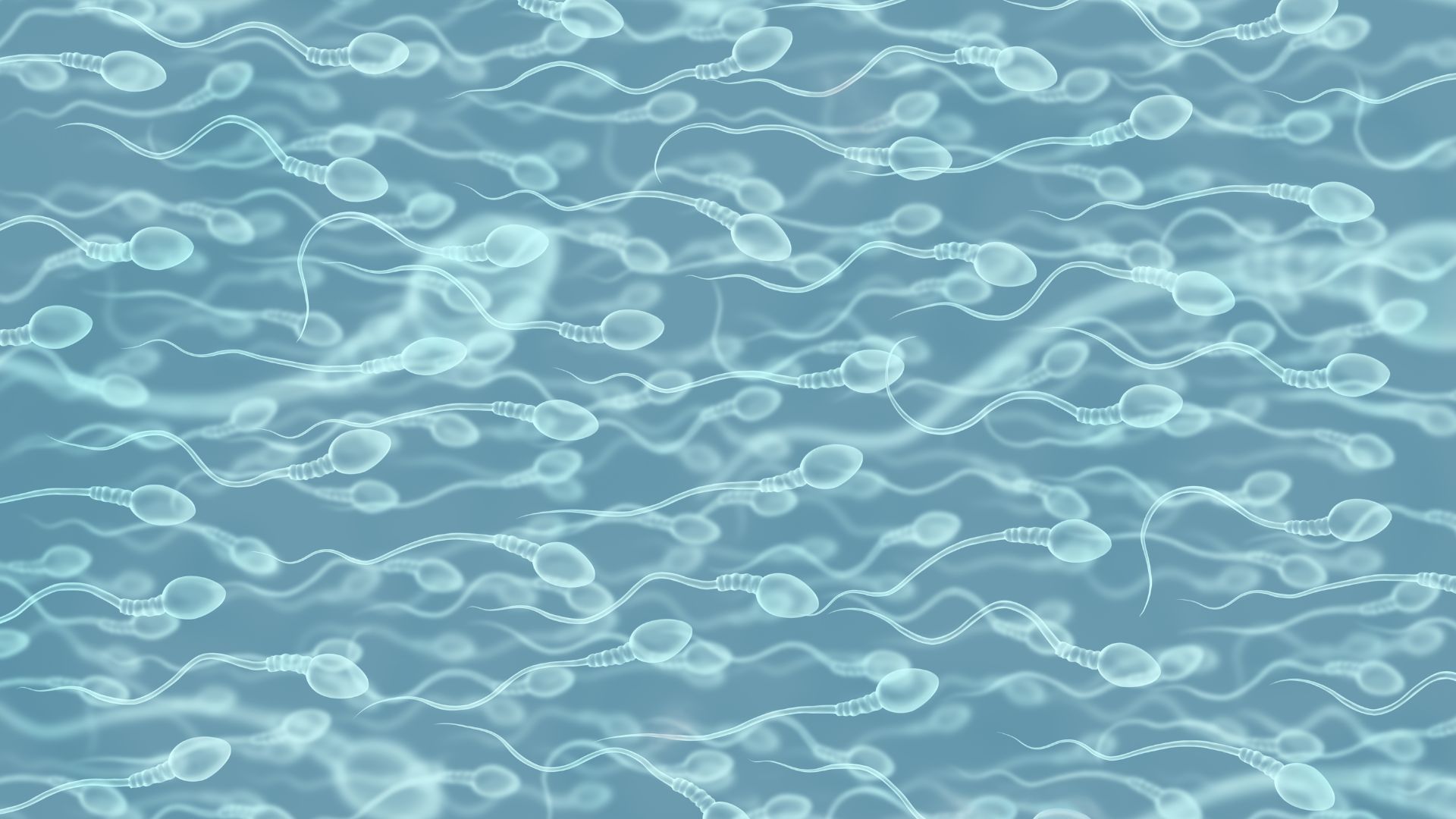Human sperms are less and less on earth. According to a meta-analysis published on November 15, 2022, a decline in sperm count and concentration is to be regretted worldwide.
Although the study does not yet allow conclusions to be drawn about the specific reasons or consequences of this decline, the increase in infertility is proven. 3.3 million French people have difficulty conceiving and this number illustrates the need for action to prevent this multifactorial phenomenon and provide the best possible support to those affected.
An overall drop in sperm count
A study released on November 15, 2022 reveals a decline in sperm count and concentration worldwide. This study, which brings together the results of around forty studies conducted around the world, reveals that in 45 years the production of sperm in the world’s population would have decreased by 62.3%. More worrying: between 1972 and 2000, sperm counts reportedly decreased by 1.16% per year, compared to 2.64% since 2000. New sedentary lifestyles, as well as exposure to the pollution and chemicals are responsible for this decline, but further research needs to confirm this theory.
If these results are alarming, some scientists nonetheless wish to qualify them, such as andrologist Allan Pacey, who suggests that current technologies make it possible to obtain much more advanced results than before and to distort conclusions.
Infertility, a multifactorial problem
The published study allows us to consider a decline in male fertility, but does not yet confirm it. Sperm quantity and concentration are not the only determining factors, and their mobility has not yet been studied on a global scale.
However, more and more French people are confronted with infertility. About one in four couples fail to conceive after 12 months of unprotected intercourse, or 3.3 million people. Of course, the causes of infertility are multifactorial: parental age, lifestyle, medical history, endocrine disruptors and air pollution, are all avenues that must be explored individually in case of difficulty conceiving.
Public authorities have an important role to play in preserving the reproductive health of populations, particularly through prevention campaigns. This protection also involves the application of strict regulations to limit the exposure of individuals to toxic and polluting products. Finally, all couples who begin an assisted reproduction process must benefit from optimal support, no longer centered exclusively on women, still too often suspected of being responsible for infertility within their own couple.
Image credit of one: Getty Images
Source: Madmoizelle
Elizabeth Cabrera is an author and journalist who writes for The Fashion Vibes. With a talent for staying up-to-date on the latest news and trends, Elizabeth is dedicated to delivering informative and engaging articles that keep readers informed on the latest developments.





